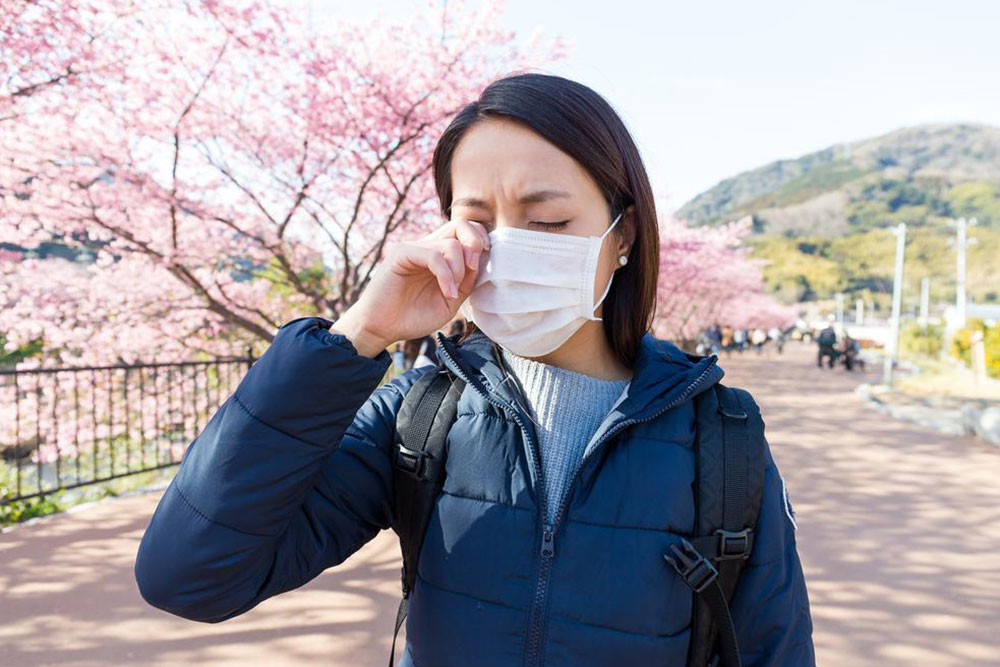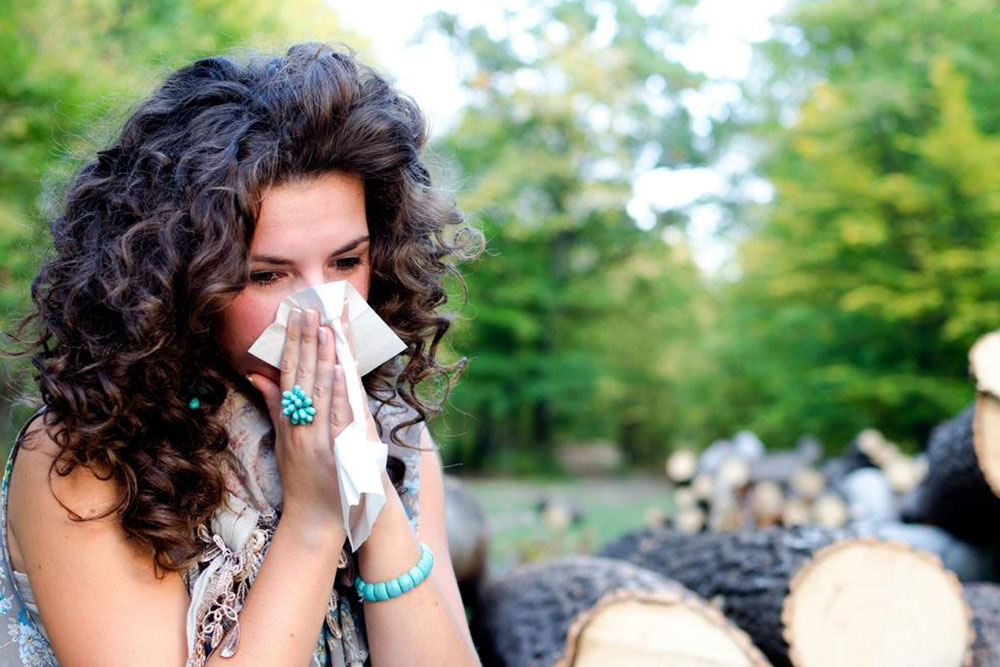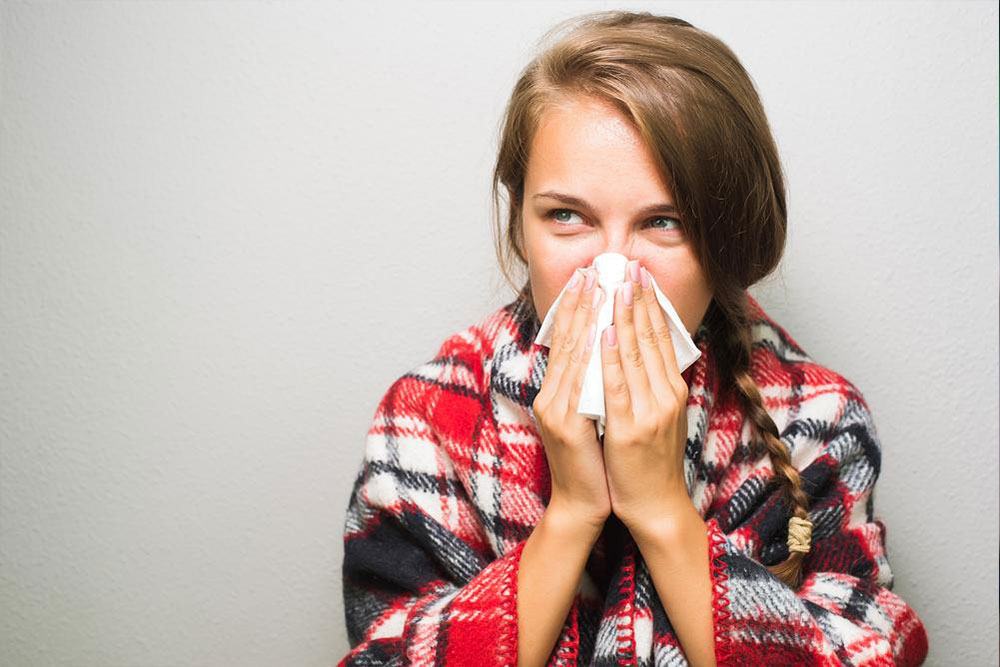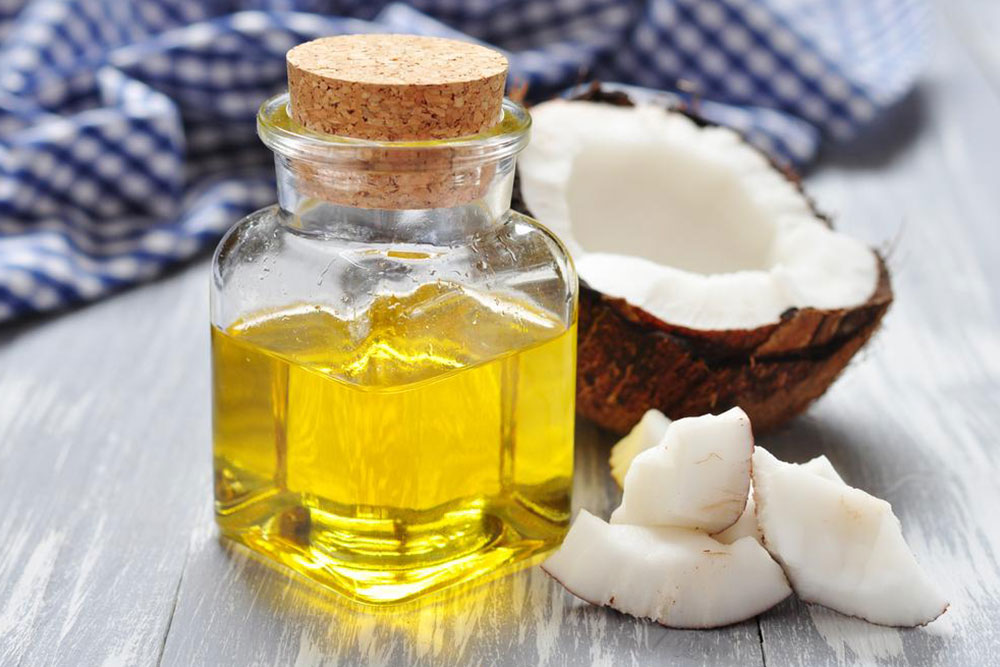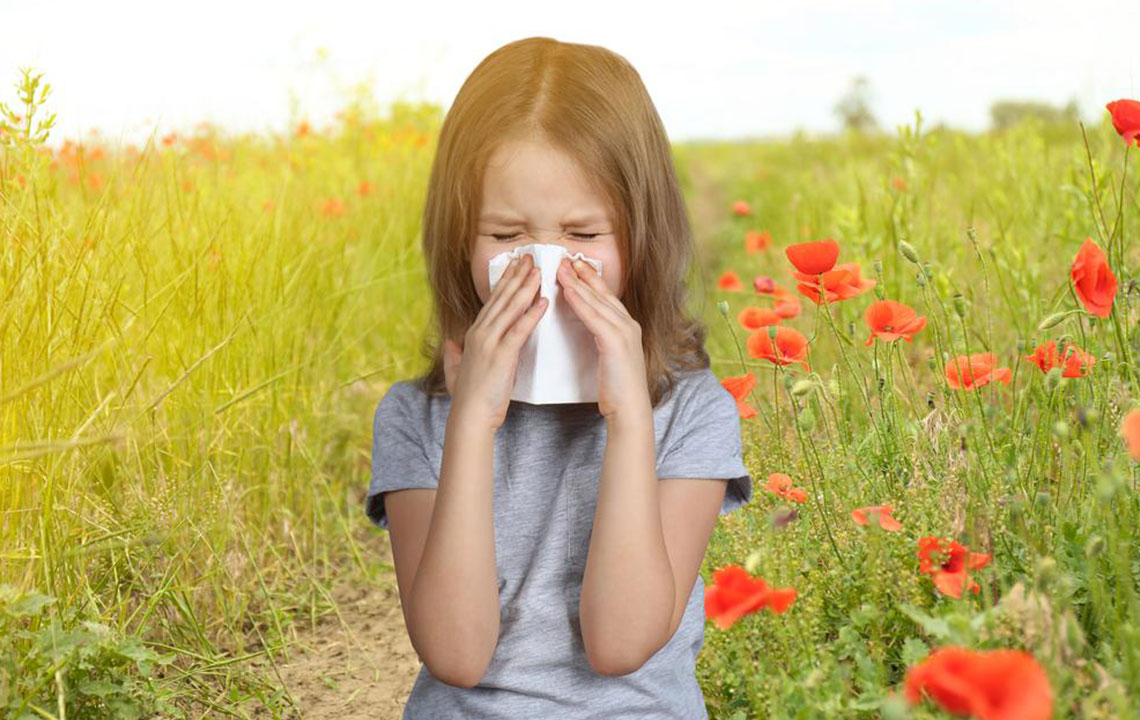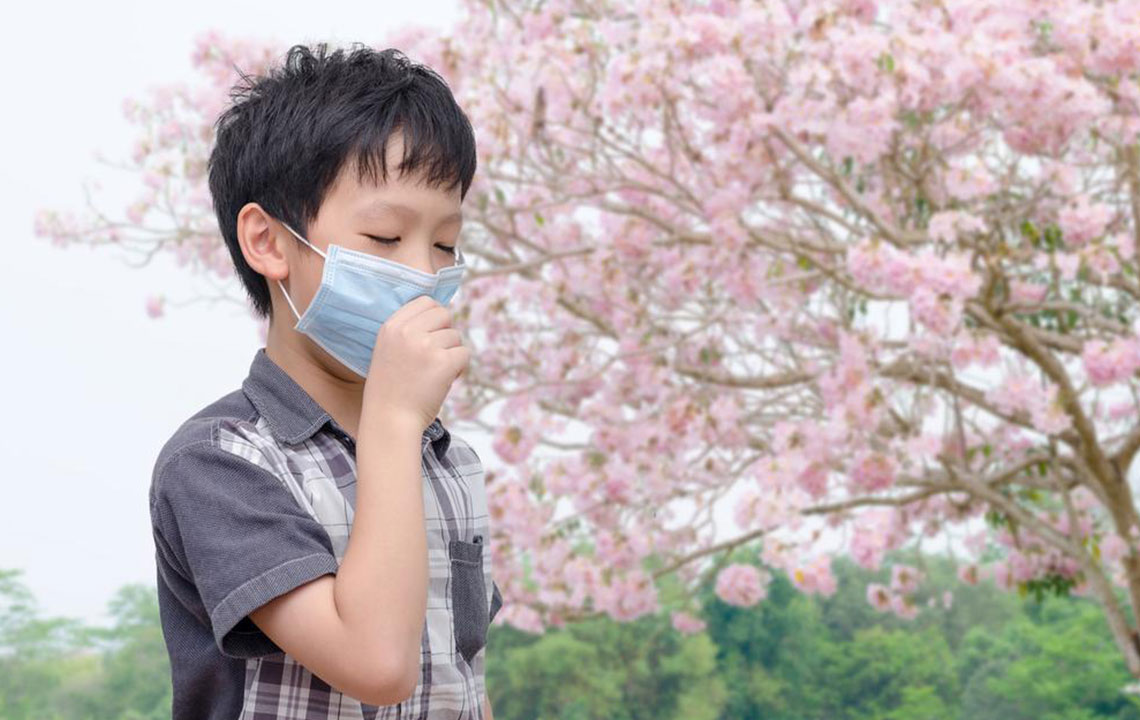Effective Strategies to Manage Seasonal Allergy Symptoms
Discover effective and simple strategies to manage seasonal allergy symptoms. This guide covers preventive tips, medication options, and lifestyle adjustments to help you enjoy spring allergy-free. Learn how to reduce pollen exposure and relieve symptoms with safe methods tailored for allergy-prone individuals. Consult a healthcare professional for personalized treatment plans to stay healthy and comfortable during allergy season.
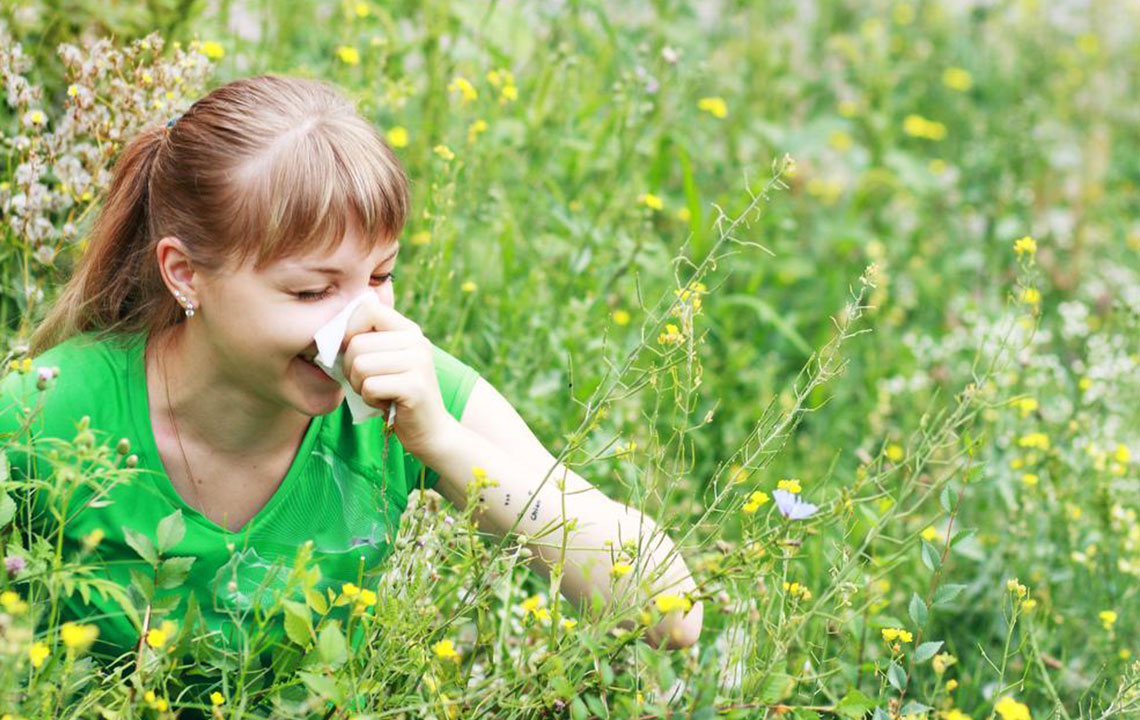
Effective Strategies to Manage Seasonal Allergy Symptoms
Spring brings vibrant colors, blooming flowers, and pleasant fragrances, making it a favorite season for many. However, it also triggers seasonal allergies in numerous individuals, leading to symptoms like a runny nose, sneezing, and chest congestion. These allergic reactions can cause significant discomfort. Fortunately, there are various approaches to reduce these symptoms. This article highlights practical preventive tips and treatment options to help you enjoy spring without the misery of allergies.
Preventive Tips
Several medications effectively mitigate seasonal allergy symptoms. Yet, implementing preventive strategies can minimize exposure and severity. Key precautions include:
Remain indoors during peak pollen hours and avoid outdoor pollen exposure.
Avoid gardening, mowing lawns, or engaging in outdoor plants-related activities.
Shower promptly and change clothes after outdoor activities to remove pollen residues.
Avoid drying clothes outdoors, as pollen can cling to fabrics.
Wear a protective mask when outside.
Keep windows and doors closed on high pollen days.
Use allergy medications preventively during peak pollen seasons.
Maintain a clean home environment to reduce allergen buildup.
Operate air conditioning systems with clean filters to circulate filtered air.
Regularly clean floors and surfaces.
Utilize a dehumidifier to keep indoor humidity low, discouraging mold and dust mites.
Medication Options for Seasonal Allergies
Several treatments can alleviate allergy symptoms. Always consult a healthcare professional for personalized advice:
Oral antihistamines: Commonly prescribed to combat hay fever, these medications can also serve as preventive measures against allergies.
Decongestants: Oral or nasal spray decongestants relieve nasal congestion and breathing difficulties. Use nasal sprays cautiously to avoid rebound effects.
Nasal sprays: Sprays targeting allergic inflammation are considered safer if used early at symptom onset.
Combination therapies: When single medications are insufficient, combining medications can enhance relief.
Saline nasal rinses: Flushing sinuses with saline helps remove allergens and reduces reactions.
Alternative therapies: Practices such as acupuncture may provide additional relief for some individuals.
Consult a healthcare provider: A doctor can recommend the most effective treatment plan for your specific allergies and ensure proper diagnosis.
Seasonal allergies are common and can be disruptive, affecting daily routines and mood. With appropriate preventive measures and treatments, you can lessen discomfort and enjoy springtime's beauty without hindrance. Use these strategies to stay healthy, active, and happy during the allergy season.

